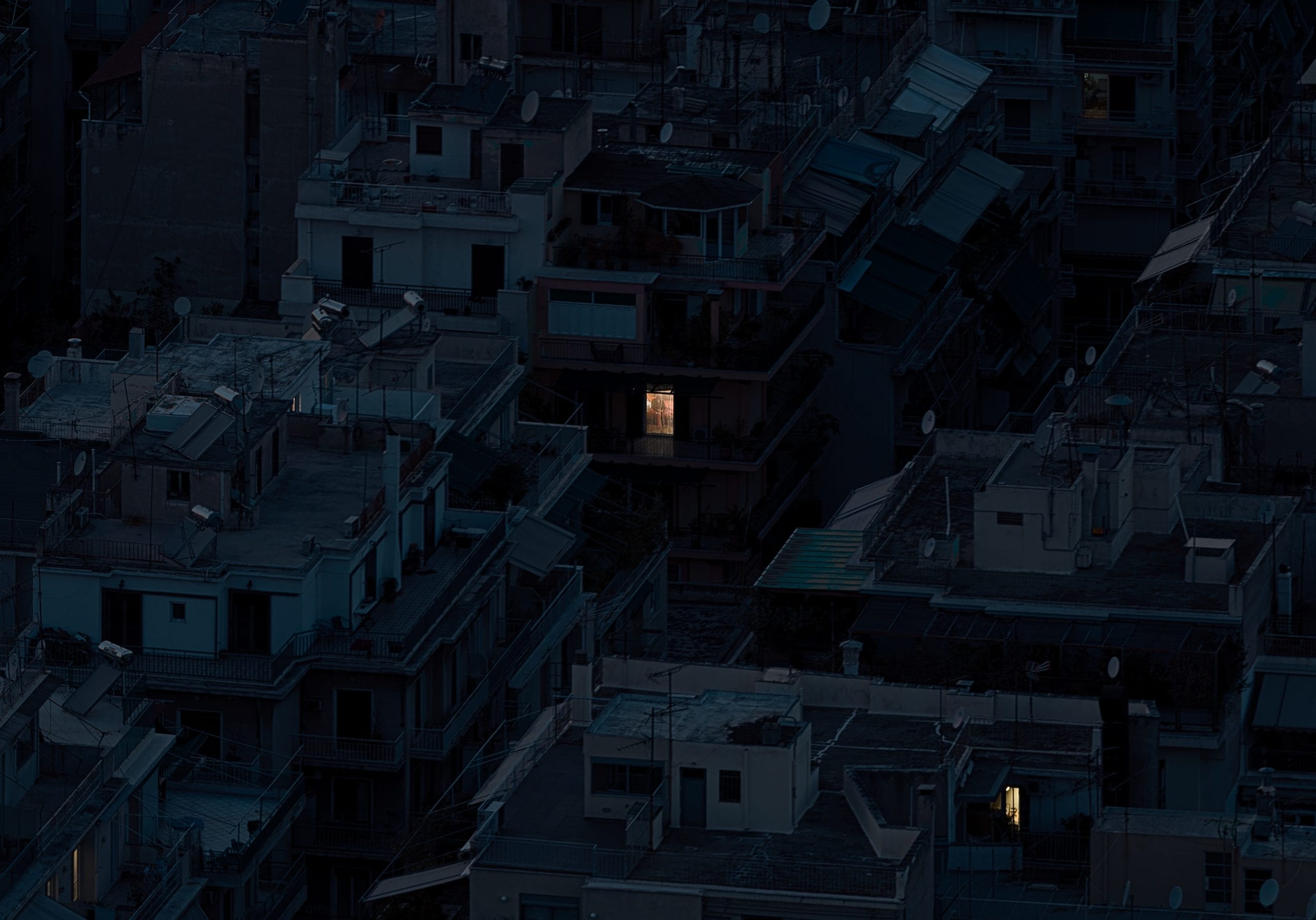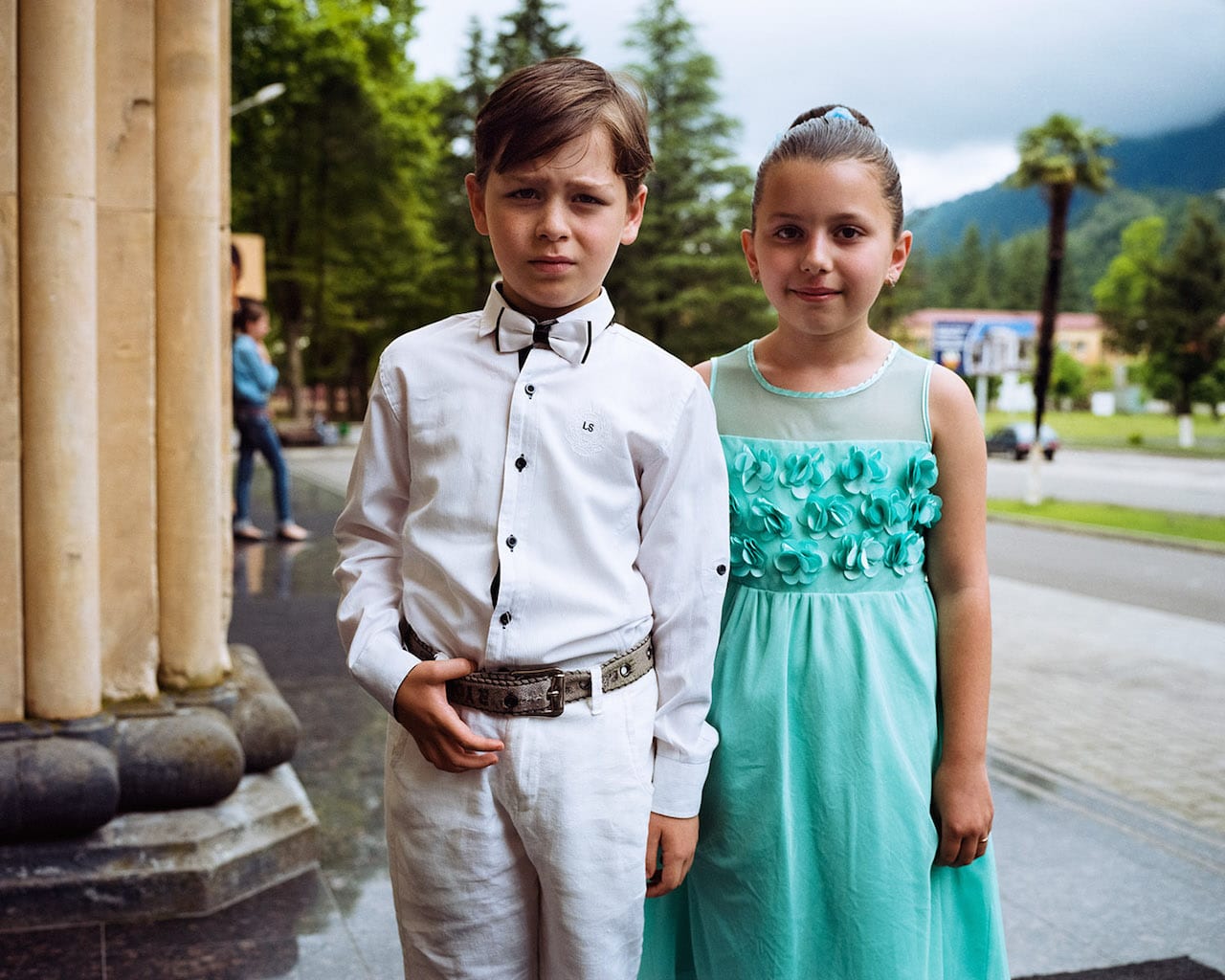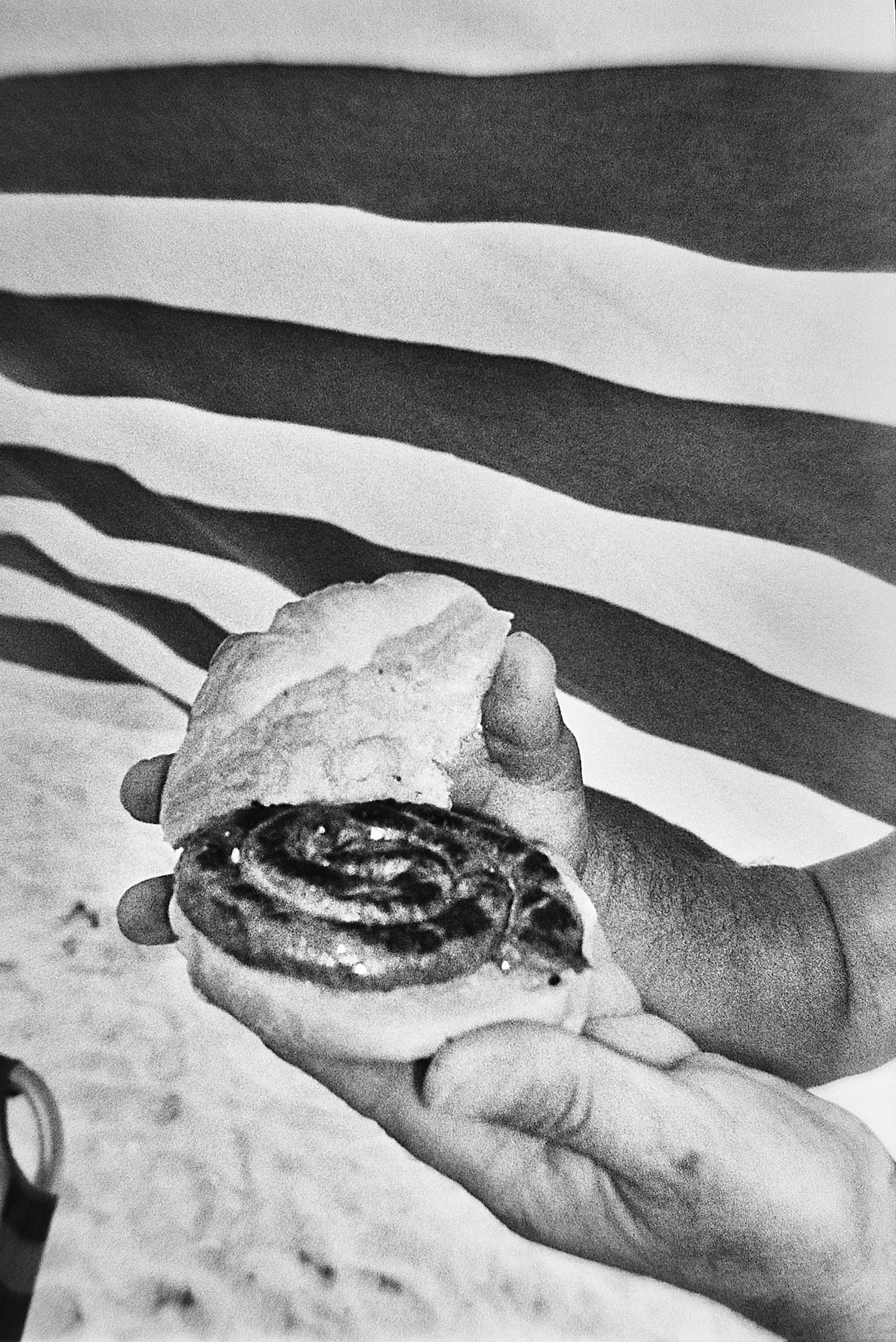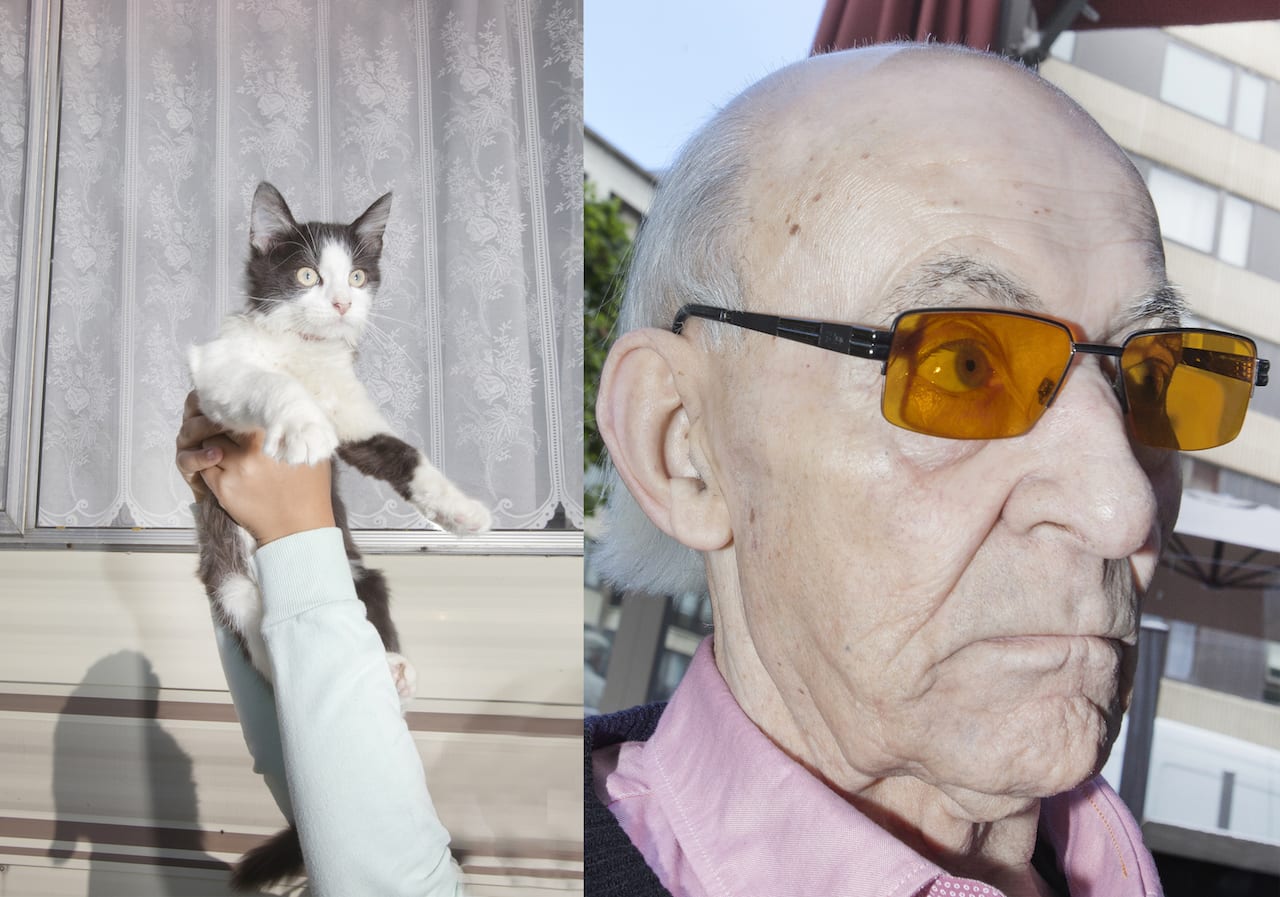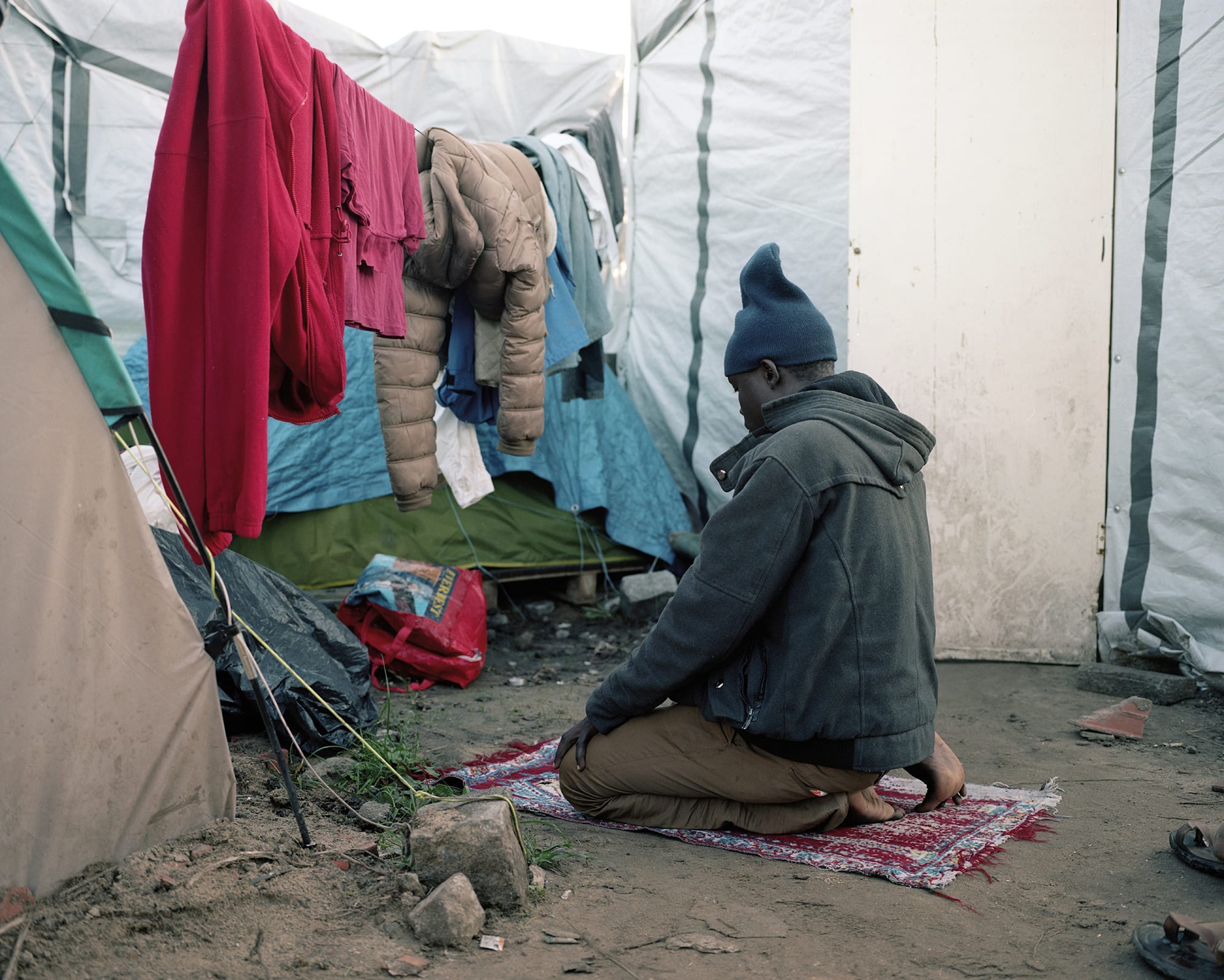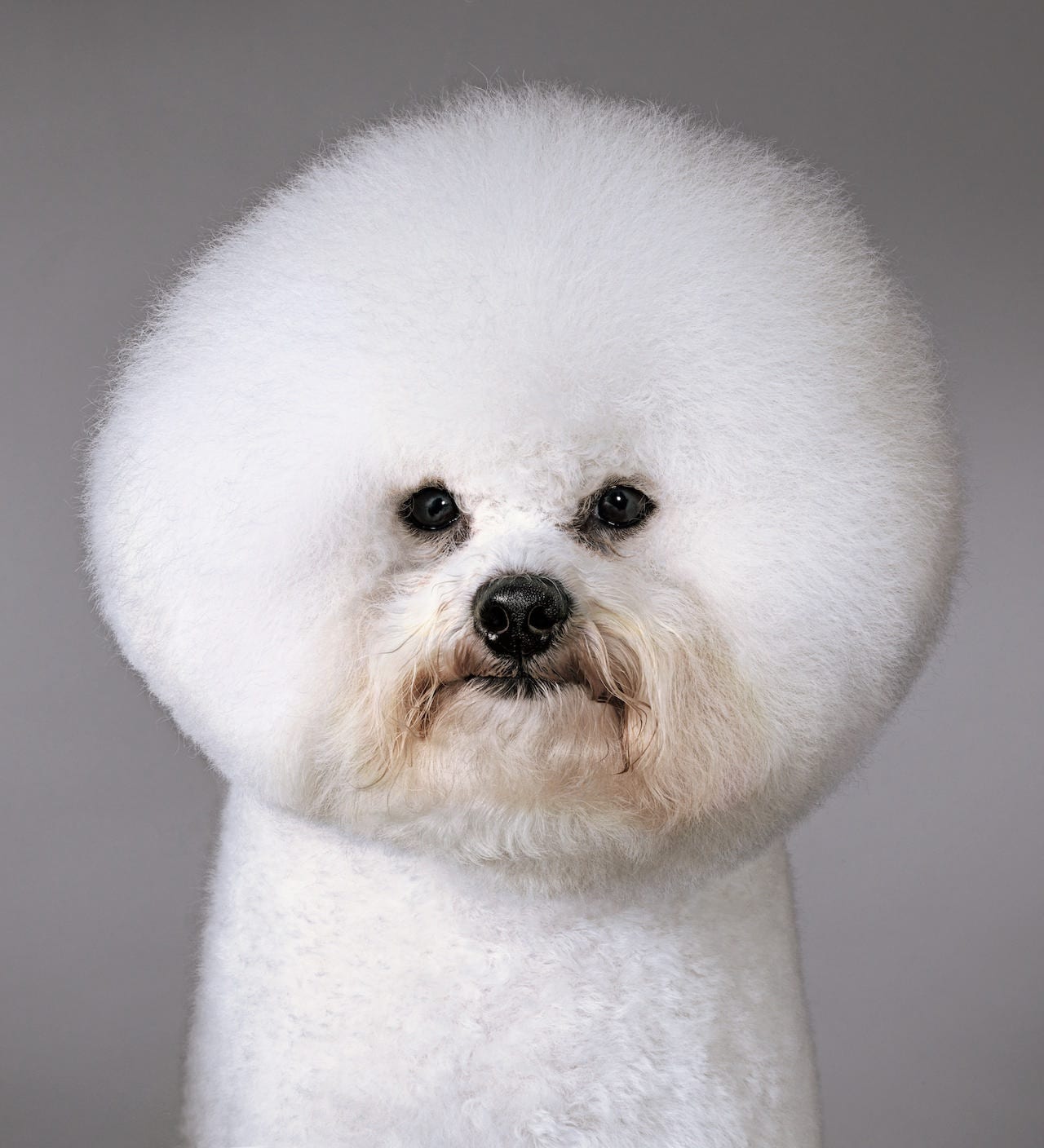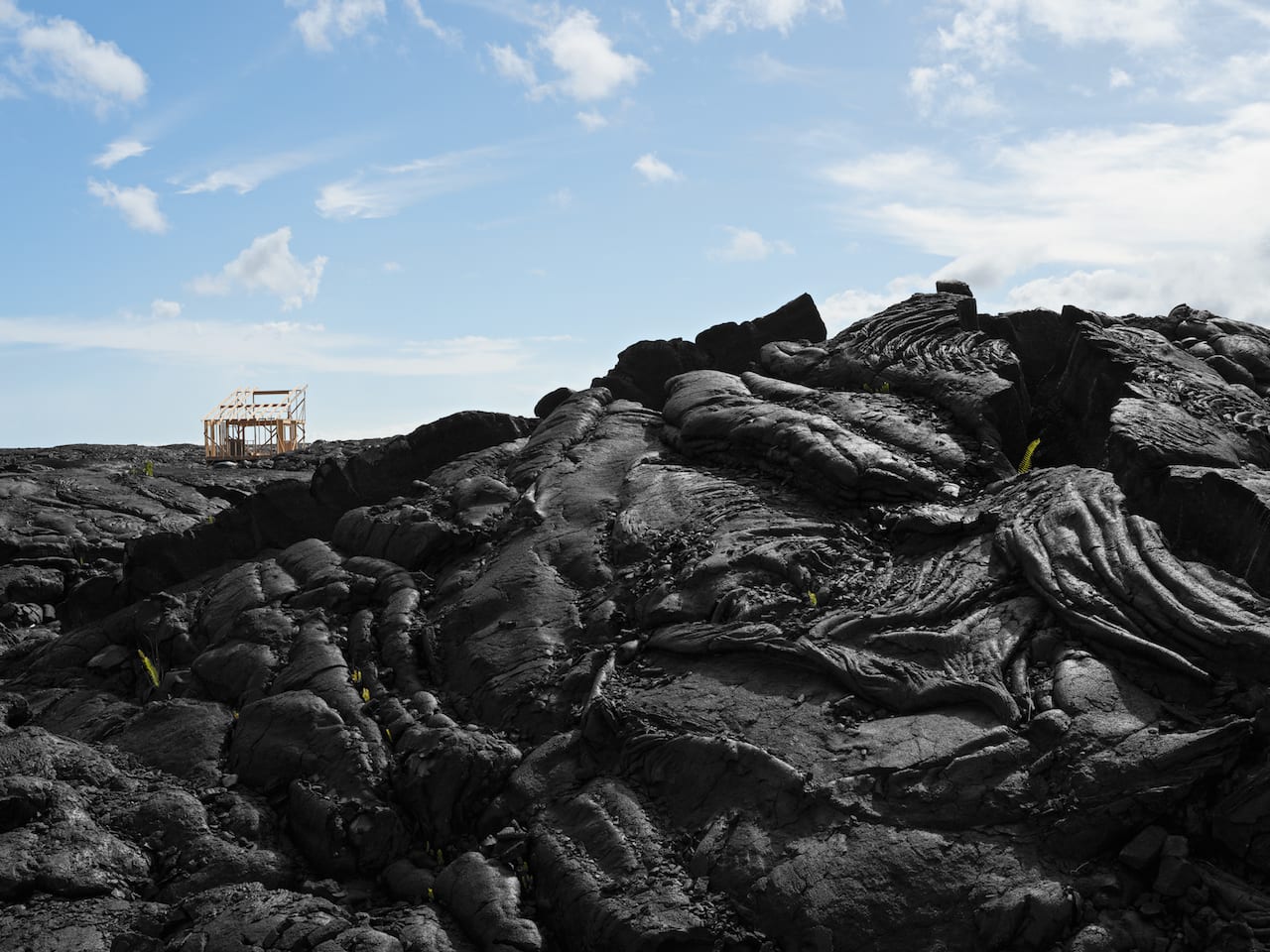The overwhelming sense of being surrounded by people yet feeling alone among them is a well documented facet of city life. And even if you are among the 46 percent of the world’s population living in a rural environment, you’ll be familiar with the emblematic image of urban disconnection in which tower blocks loom over bustling streets filled with scurrying figures. But what happens when the day is over and each individual retreats into their home for a moment of calm after the storm? London-based photographer Aristotle Roufanis is fascinated by this experience of collective solitude. Trained as a civil engineer, he has an affinity for the urban structures that characterise major cities all over the world.
